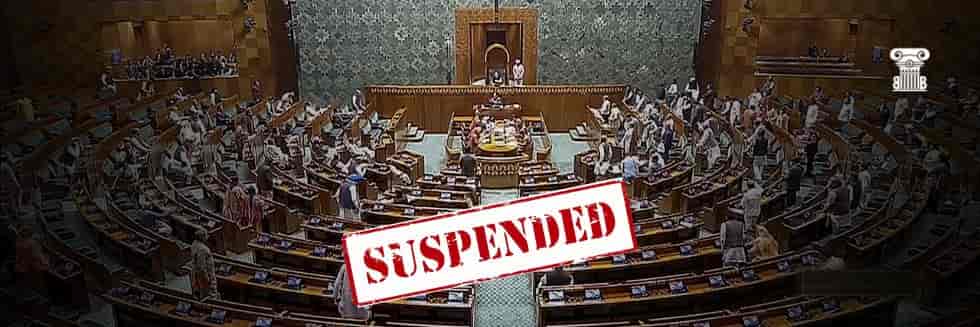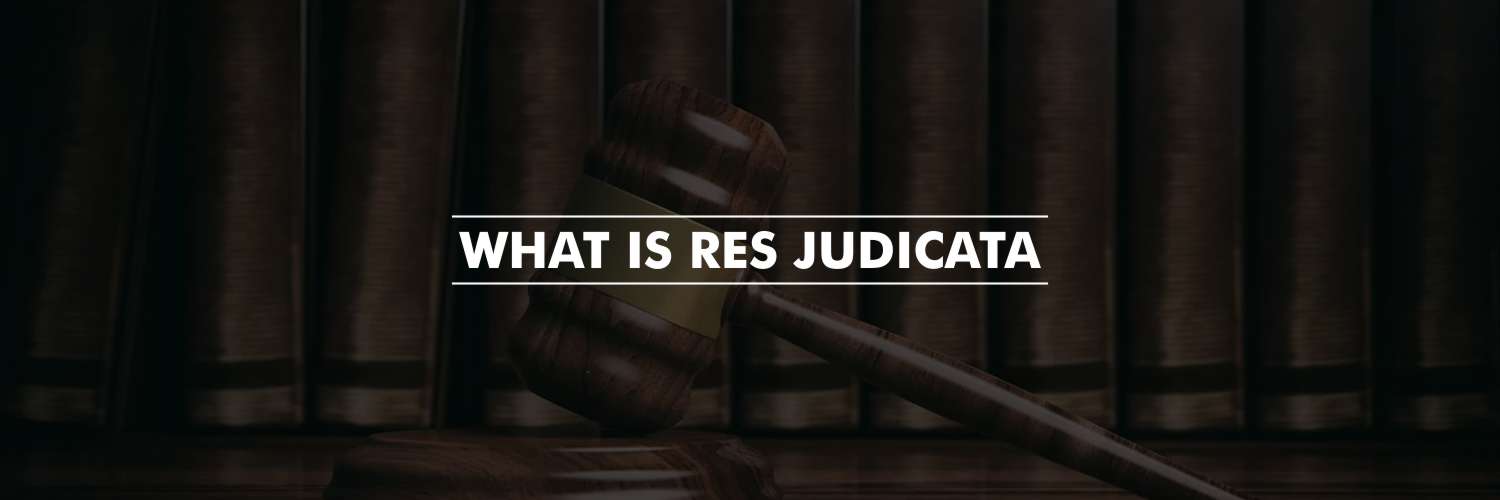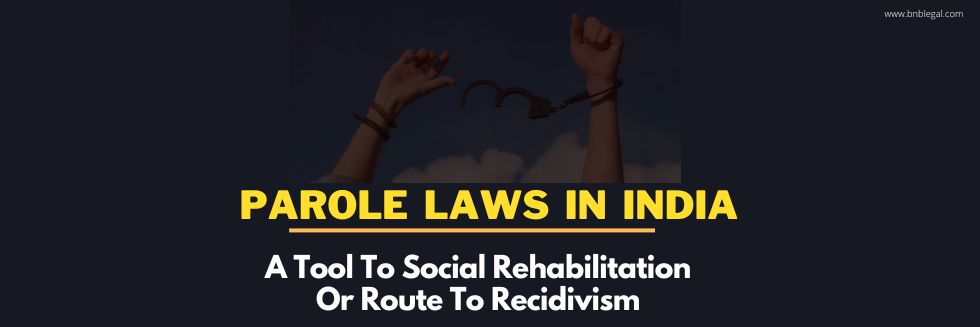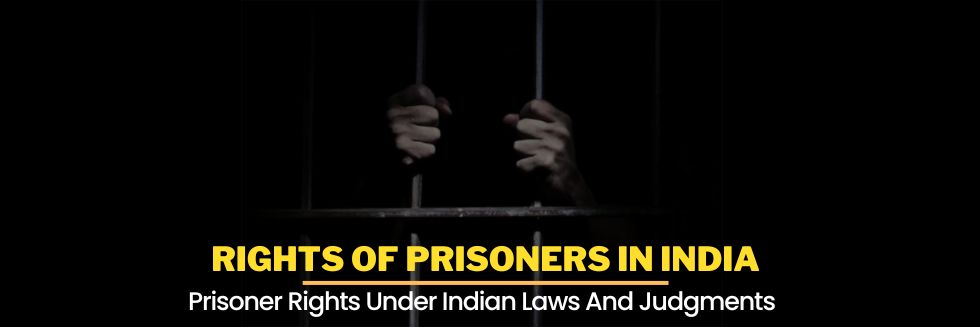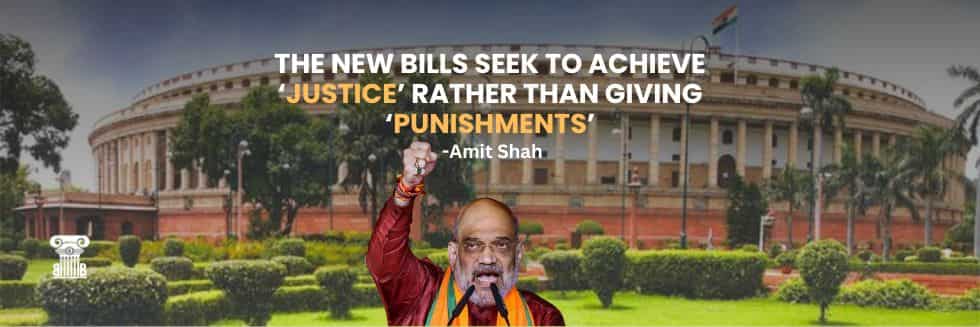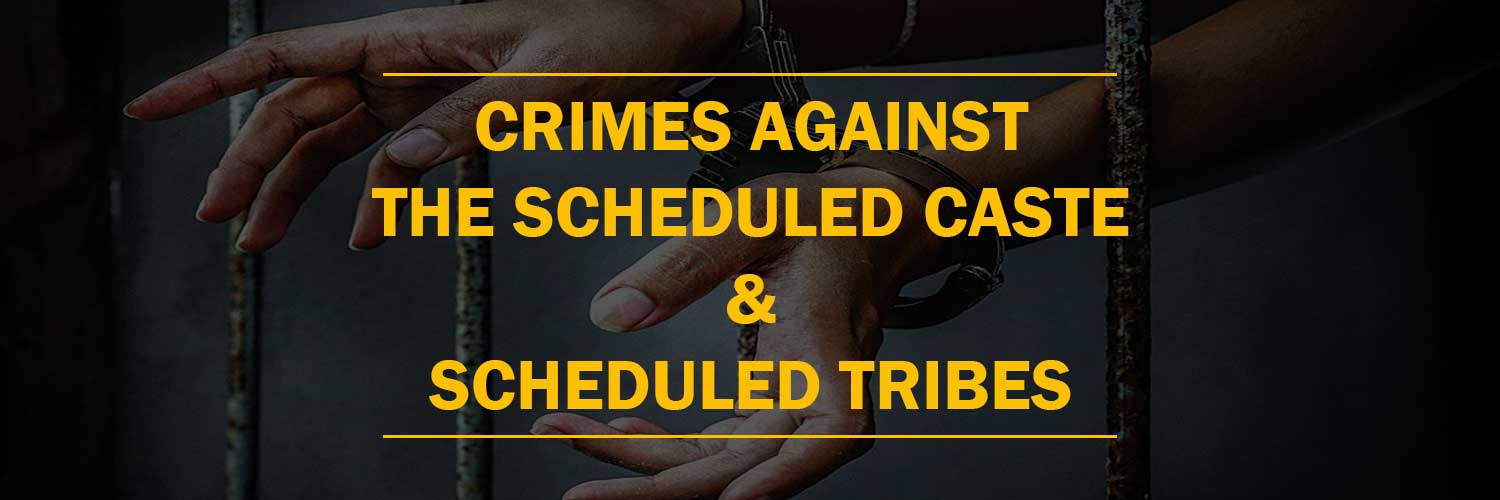Emergency refers to a situation in which the powers of governance come in hands of president. It refers to the governance as proclaimed by the president under an altered constitutional set up. Indian Constitution consists of provisions for emergency in its part eighteen. The Constitution of India empowers the President to impose emergency in any state or all of India if the president senses any harm to the country from external or internal aggression or armed rebellion. There are three types of emergency in India:
- National emergency
- State emergency or presidential rule in state
- Financial emergency
Contents
1 Official Procedure To Declare National Emergency
2 Procedure for Declaration and Revocation of National Emergency
3 State Emergency
4 S.R. Bommai v. Union of India
5 Financial Emergency
6 Fundamental Rights
7 Conclusion
Official Procedure To Declare National Emergency
National emergency can declared due to three reasons:
- External aggression
- Internal aggression or armed rebellion
- War
When the war or external aggression is the cause of emergency, it is known as external emergency and when the cause of emergency is armed rebellion, it is called internal emergency.
National emergency has been applied thrice in India till date. Firstly during 1962(China war), secondly in 1971(Pakistan war) and thirdly in 1975 by Indira Gandhi.
Article 352 deals with the national emergency.
Procedure for Declaration and Revocation of National Emergency
Article 352 clause 1 of the constitution of India deals with the proclamation of emergency. Proclamation of emergency means the public or official announcement of application of emergency. The president can proclaim emergency if he feels threat to any state or any part of the country from any aggression whether internal or external or armed rebellion by making declaration to such effect. The president can also revoke such proclamation by making subsequent proclamation under clause 2 of article 352.
Clause 3 of this article states that president cannot proclaim the emergency unless it is communicated to him in writing that such an proclamation may be issued by the union cabinet i.e. prime minister and other ministers of cabinet rank under article 75. The emergency cannot be applied on the basis of oral recommendation of the prime minister as was done in year 1975 at time of then P.M. Indira Gandhi.
Clause 4 states makes it mandatory for every proclamation to be laid down before both the houses of parliament and also except the proclamation made to revoke previous proclamation, all other proclamations cease to operate unless before the expiration of the one month it is approved by both the houses of parliament through resolutions.
State Emergency
President has the power to proclaim emergency in any state if he feels that the functioning or governance of state is not in accordance with that provided in the Constitution. The president can assume all the functions of government of state and the powers vested in the governor except that of state legislature. As per RTI, president’s rule was first imposed in state of Punjab in june 1951 under article 356. It was imposed in 12 states in 1977. State emergency or president’s rule has been imposed about 115 times in India including that of Uttarakhand.
Cases related to misuse of ‘constitutional breakdown’ are many. For example, the congress party was almost wiped out in 1977 when Janata party came into power. On this account, Desai Government at the Centre dismissed nine State governments where Congress was still in power. This action of Morarji Desai’s Janata Government was strongly criticised by the Congress and others. But, when in 1980(after Janata Government had lost power) Congress came back to power at the Centre under Mrs. Gandhi’s leadership and dismissed all the then Janata Party State Governments. In both cases there was no failure of Constitutional machinery, but actions were taken only on political grounds.
Due to terrorism and insurgency, emergency was imposed in Jammu and Kashmir.
Article 356 deals with state emergency or president’s rule. The misuse of this article has been reduced to great extent after the landmark judgement of the Supreme Court given in SR Bommai case.
S.R. Bommai v. Union of India
This is a landmark case where by the supreme court discussed the; provisions of article 356 and gave certain guidelines to prevent the misuse of this article. This case affected centre-state relations. The guidelines are as stated below:
- The majority enjoyed by the Council of Ministers shall be tested on the floor of the House.
- Centre should give a warning to the state and a time period of one week to reply.
- The court cannot question the advice tendered by the CoMs to the President but it can question the material behind the satisfaction of the President. Hence, Judicial Review will involve three questions only:
- Is there any material behind the proclamation
- Is the material relevant.
- Was there any mala fide use of power.
- If there is improper use of A356 then the court will provide remedy.
- Under Article 356(3) it is the limitation on the powers of the President. Hence, the president shall not take any irreversible action until the proclamation is approved by the Parliament i.e. he shall not dissolve the assembly.
- Article 356 is justified only when there is a breakdown of constitutional machinery and not administrative machinery
Article 356 shall be used sparingly by the centre; otherwise it is likely to destroy the constitutional structure between the centre and the states. Even Dr. Ambedkar envisaged it to remain a ‘dead letter’ in the constitution.
This judgement provided autonomy to the states and secured the federal nature which forms basic structure of the constitution. The hon’ble court also discussed the concept of secularism. It held that politics and religion cannot be mixed as the Indian Constitution does not permit so.
Financial Emergency
It is dealt with under article 360. If the president is satisfied that the financial stability or credit of India or any territory is threatened due to any situation which may have arisen, he can proclaim financial emergency. Such a proclamation is to be approved by each house of Parliament within two months. Financial emergency has not been applied in India till date.
Fundamental Rights
When we talk of emergency, a big question that keep running in our mind is of fundamental rights. Are these rights enforceable at the time of emergency?
So just providing a brief review here:
Fundamental rights are the rights relating to basic social conditions which are very important for a good life of a citizen. Fundamental rights are guaranteed to the citizens of India under article 12-35 of the Constitution of India. The citizens of India can approach the Supreme Court and the High court’s in case their fundamental rights are infringed under article 32 and 226 of the Indian Constitution respectively. Courts can also be asked to issue writs. Fundaments rights are not absolute in nature as they are subject to certain restrictions in the interest of security of the state, public order, friendly relations with foreign states and to maintain decency or morality.
Article 359 also empowers the president to suspend the fundamental rights during the situation of emergency except that mentioned in article 20 and 21.
Article 20 states “No person shall be convicted of any offence except for violation of a law in force at the time of the commission of the act charged as an offence, nor be subjected to a penalty greater than that which might have been inflicted under the law in force at the time of the commission of the offence”.
- No person shall be prosecuted and punished for the same offence more than once.
- No person who is accused of any offence shall be compelled to be a witness against himself.
- Article 21 states that no person shall be deprived of his life or personal liberty except according to procedure established by law.
The Supreme Court has held in (1978) that the aforesaid procedure must not be arbitrary, unfair or unreasonable.
Article 21 acts as a safeguard for foreigners in India also.
Conclusion
Although there is suspension of fundamental rights except that under article 20 and 21, yet the transfer of the powers from the hands of state government to the central government is basically for the welfare of its citizens.
| Constitutional Law | |
|---|---|
| Cases | S.R. Bommai v. Union of India, [1994] 2 SCR 644 : AIR 1994 SC 1918 : (1994)3 SCC1 |
| Laws | The Constitution of India |
